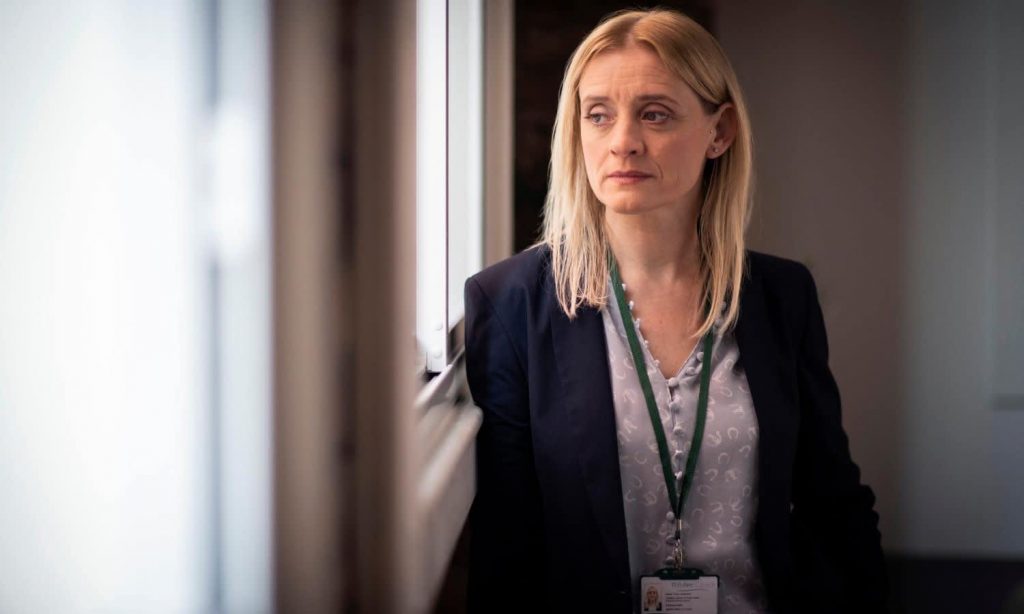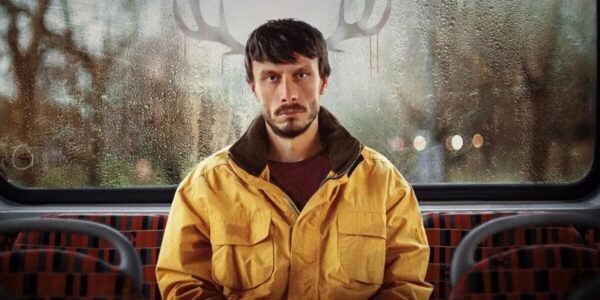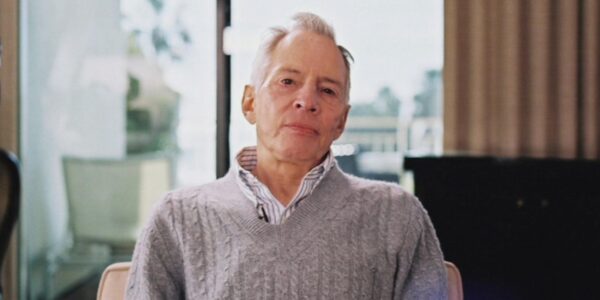It’s a case of fact being stranger than fiction, the new British drama The Salisbury Poisonings is based on the incredible true story that unfolded only two years ago in the small city of Salisbury, UK.
Based on the 2018 Novichok Poisonings, this four-part dramatisation focuses on the impact of the Novichok poisonings had on the local community, and how ordinary people and public services reacted to a crisis on their doorstep, displaying extraordinary heroism as their city became the focus of an unprecedented national emergency.
The series stars Anne-Marie Duff (Sex Education), Rafe Spall (Jurassic World: Fallen Kingdom), MyAnna Buring (The Witcher), Johnny Harris (Jawbone), Annabel Scholey (Walking on Sunshine), and Mark Addy (Game of Thrones).
It is a situation of unimaginable horror so close to home — and the worst part? It is a true story.
So, what really happened during the 2018 Novichok Poisonings?
The True Story of the 2018 Novichok Attack
On March 4 2018, ex-Russian spy Sergei Skripal, 66, and his daughter Yulia Skripal, 33, were found unconscious on a public bench by a passing nurse and doctor.
The pair had been poisoned with Novichok, a military-grade nerve agent which had been smeared on the door of their home in Salisbury.
Both Yulia and Sergei survived the poisoning. After the attack, Yulia spent three weeks in critical condition while her father regained consciousness after one full month.
Then, at the end of June, locals Dawn Sturgess, 44, and Charlie Rowley, 45, were found unconscious in their home 12kms from Salisbury and rushed to the hospital.
According to reports, Charlie had found a perfume bottle in a bin and had given it to his wife. Fifteen minutes after spraying it, Dawn fell ill.
While Charlie recovered, Dawn tragically died nine days later as she had been exposed to ten times the dose of the other poisonings. Following the tragedy, Detective Sergent Nick Bailey, 45, a detective on the case, became critically ill too.
The news of the poisonings sparked international controversy.
The Russian Government was accused of authorising foul play, something they strenuously denied.
According to The Guardian at the time, UK security minister, Ben Wallace, called on Moscow “to help authorities keep the people of Britain safe by giving information.” When asked if Russia could be responsible, Wallace said at the time: “Based on the evidence we had at the time of the Skripal attack, the knowledge they [Russia] had developed novichok, they had explored assassination programmes in the past, they had motive, form and stated policy, we would still assert to a very high assurance that the Russian state was behind the original attack.
“The working assumption would be these are victims of the consequences of the previous attack or something else but not that they were directly targeted. That could change.”
In an interview on BBC Radio 4’s Today, he said that the attack was “brazen and reckless”.
“That is part of the anger I feel at the Russian state. They chose to use a very, very toxic, highly dangerous weapon. Novichok in the smallest form can injure thousands of people.”
“The Russian state could put this wrong right. They could tell us what happened, what they did and fill in some of the significant gaps we are trying to pursue. We have said they can come and tell us what happened. I’m waiting for the phone call from the Russian state. The offer is there.”
Prime Minister Theresa May then removed 23 Russian diplomats and their families from the UK before 29 other countries followed suit.
Strict rules surrounding visits to and from Russia and the UK were limited, including a ban for the British royal family to visit the FIFA World Cup in Russia in 2018.
After the attacks, the Skripal and Rowley households were boarded and contaminated until March 2019 — a whole year since the first attack.
13,000 hours of clean-up took place with an estimated 600 to 800 specialists from the chemical, biological, radiological and nuclear regiments from the military deployed to assist.
The Salisbury Poisonings will premiere in Australia on Monday 24 August at 8:30 pm and will continue until Thursday, August 27, on SBS or catch up on SBS on-demand.







